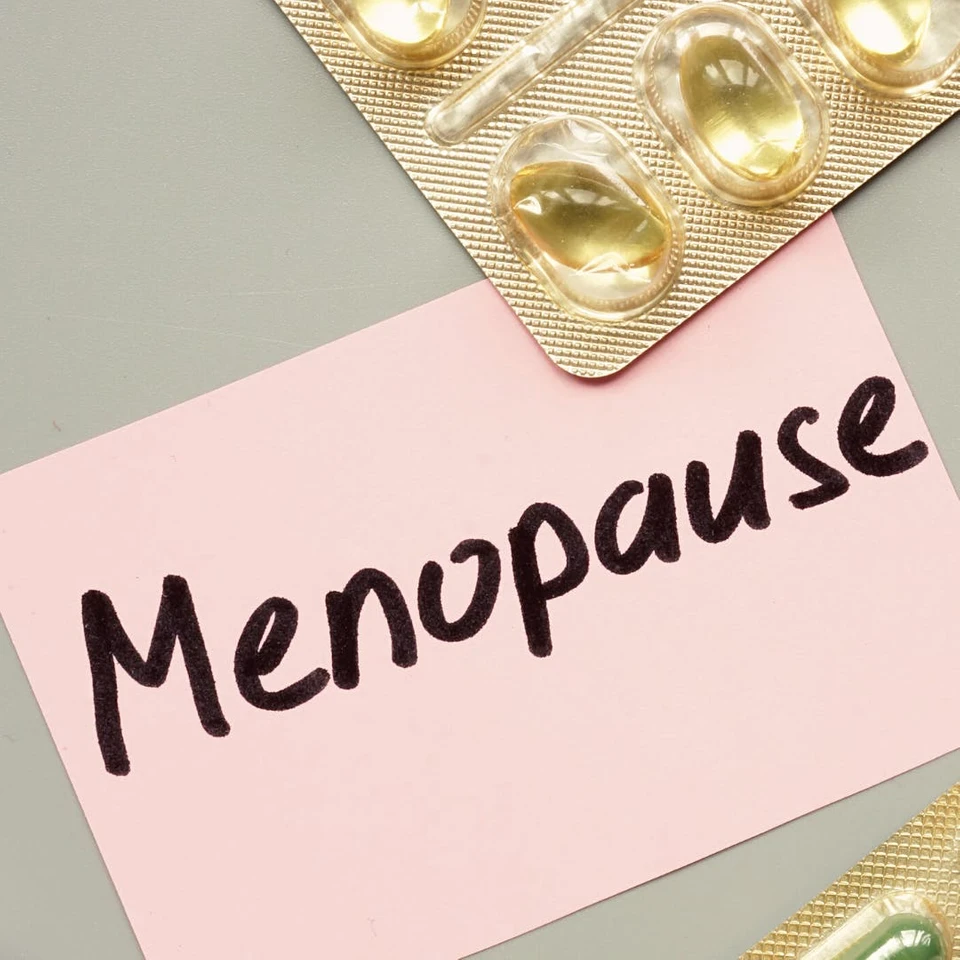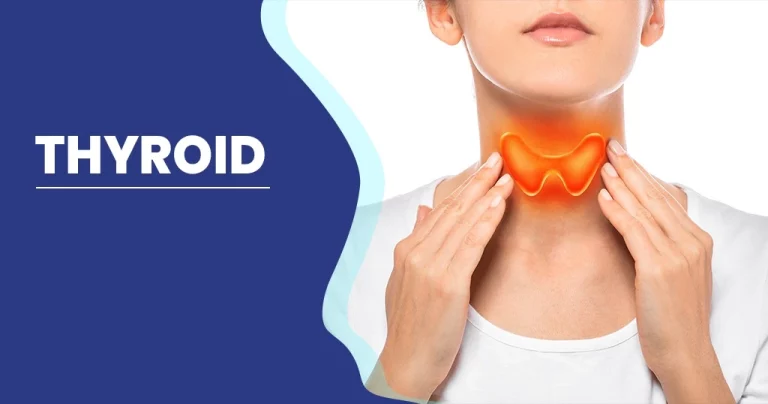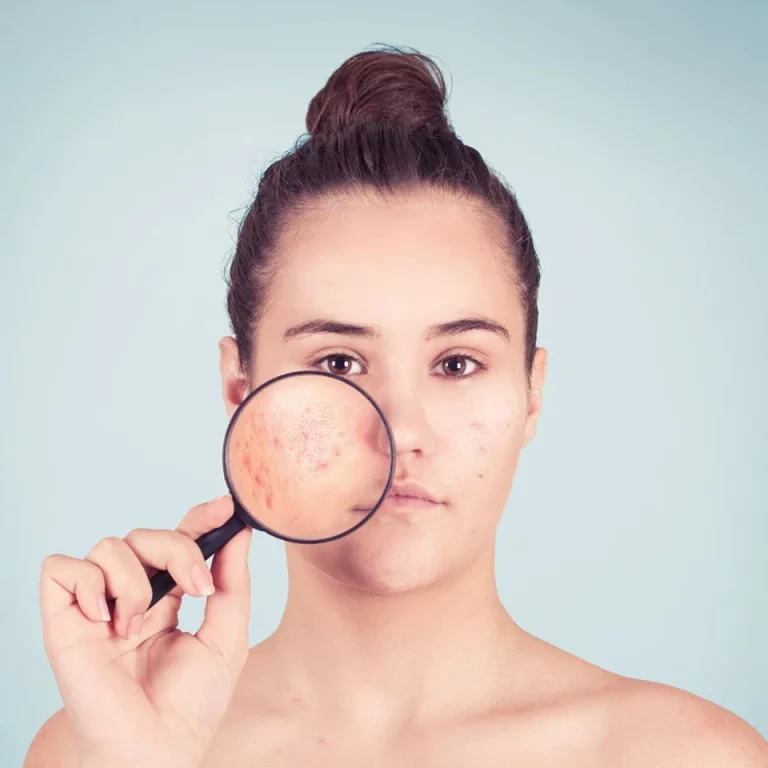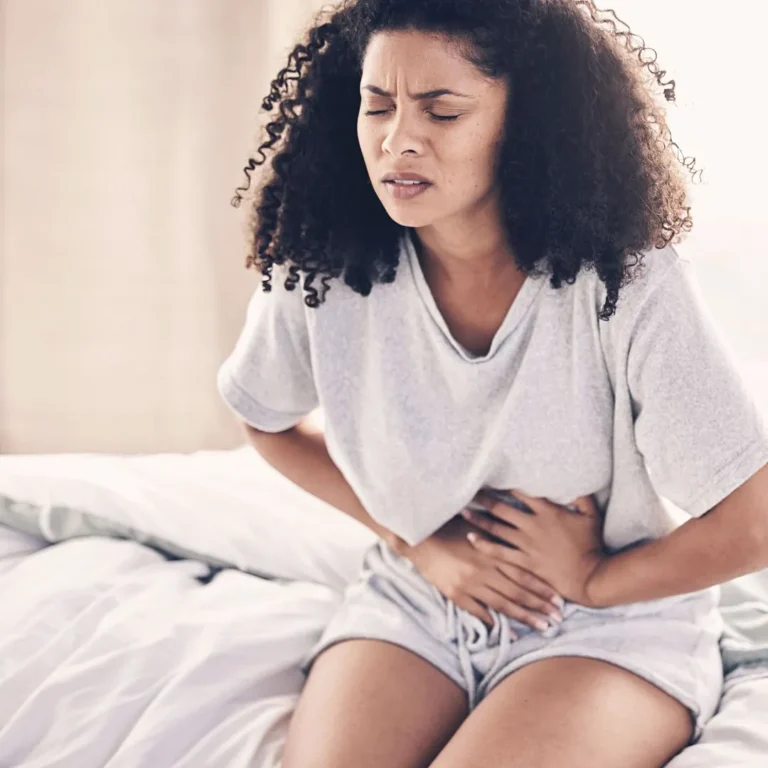At What Age Is Menopause Going To Happen To Me?
Many people wonder about what age menopause will occur. Menopause means that a person has gotten their final menstrual period. Menopause is diagnosed when a person has not had their menstrual period for 12 months in a row. The average age of menopause in a woman (the final period) is 51. Although 51 is the average age, there is a wide range in the age for menopause to occur. This range is between the ages of 40 and 58.
Is There A Menopause Test?
Leading up to menopause, women have many changes physically and mentally several years before their final period. This transitional time is called perimenopause, and it is unique to every woman. On average perimenopause lasts from 4 to 8 years, and it ends 1 year after the final menstrual period.
As mentioned above menopause is defined when a person has had no periods for 12 consecutive months. There is also some lab work that your doctor may order to confirm the transition from perimenopause to menopause. The first lab test is testing your blood level of a hormone called FSH, or follicle stimulating hormone. An FSH level that is higher than 35 on two separate tests usually coincides with the transition to menopause. Another test your doctor may order is an estradiol level. A person who is in menoapuse will have a low estradiol level, in the range of 0 to 20. Symptoms also will appear or become more prominent if you are already having symptoms. Some common symptoms you may experience include hot flashes and night sweats. Many people also experience anxiety, increased irritability and even depression.
Related: What Is The Age For Perimenopause?
Menopause Early Symptoms
There are a variety of early symptoms of menopause that people may experience. One thing you may notice is an irregularity in your menstrual cycle. People may also experience fatigue and a feeling of being very tired. Additionally, you may have trouble sleeping or even experience insomnia. Many people who are in perimenopause or menopause also have hot flashes and may also have unwanted weight gain. If you think you may be experiencing these changes, you should talk to your doctor about your options for symptom relief and treatment.
We discuss products we think are useful to people. If you buy something through our links, we may earn a commission. Remember to check with your personal physician to see if a product recommended is right for you.








